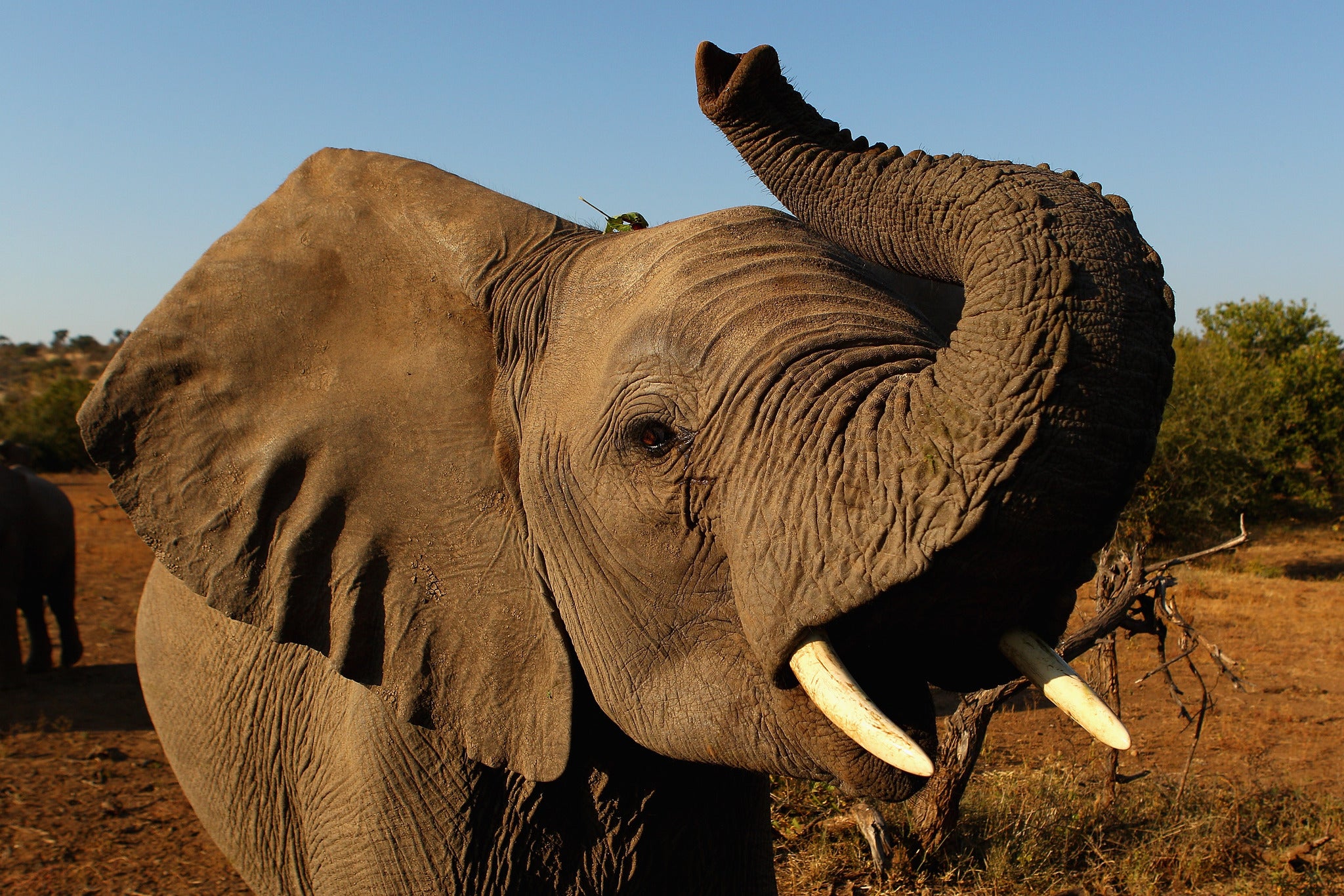Uganda’s elephant population is on the rise
Poaching is less of a problem in Uganda than in neighbouring nations, but the country is still being used as a stopover for ivory smugglers

Your support helps us to tell the story
From reproductive rights to climate change to Big Tech, The Independent is on the ground when the story is developing. Whether it's investigating the financials of Elon Musk's pro-Trump PAC or producing our latest documentary, 'The A Word', which shines a light on the American women fighting for reproductive rights, we know how important it is to parse out the facts from the messaging.
At such a critical moment in US history, we need reporters on the ground. Your donation allows us to keep sending journalists to speak to both sides of the story.
The Independent is trusted by Americans across the entire political spectrum. And unlike many other quality news outlets, we choose not to lock Americans out of our reporting and analysis with paywalls. We believe quality journalism should be available to everyone, paid for by those who can afford it.
Your support makes all the difference.Elephants across Africa are disappearing in their thousands, but Uganda seems to be disrupting this trend.
According to recent surveys, the number of elephants in Uganda has increased by 600 per cent in the last three decades.
There are now more than 5,000 elephants in the country, compared to the 700 or 800 in the 1980s, according to studies in May by the Wildlife Conservation Society, the Great Elephant Census and the Uganda Wildlife Authority.
The Wildlife Conservation Society cited better protection across Uganda’s ten national parks, as a major factor in the recovery of the elephant population.
Despite this improvement, elephants in Uganda are still being lost to poaching, particularly in Queen Elizabeth National Park, which is currently home to 2,913 elephants.
Since poaching is much worse in neighbouring countries such as Rwanda and Kenya, Uganda is also an important stopover for international smugglers, who can take advantage of local corruption to get ivory across the country.
A controversial court ruling in March last year returned three tons of ivory to traffickers, after an Ugandan judge believed defendants’ argument that the ivory had been legally imported. Decisions like these may embolden smugglers to traffic more ivory through Uganda.
Join our commenting forum
Join thought-provoking conversations, follow other Independent readers and see their replies
Comments